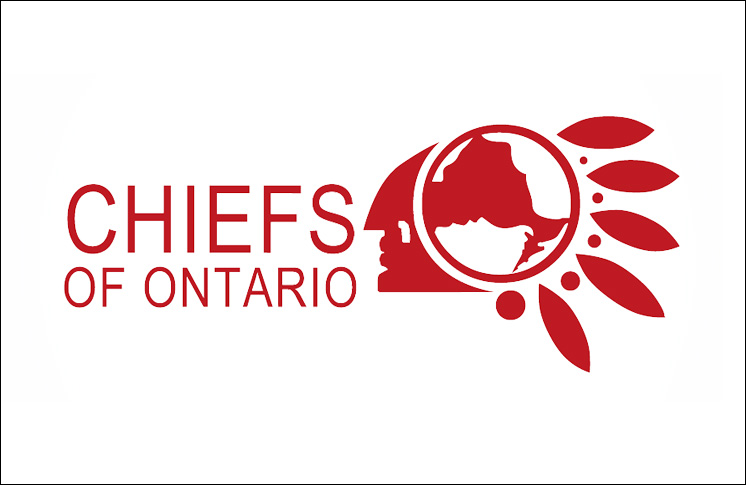TORONTO—The Chiefs of Ontario are celebrating the news that the Supreme Court of Canada has declared the federal government’s Indigenous child welfare law constitutional.
“This morning, we heard that the Supreme Court of Canada has ruled that An Act Respecting First Nations, Inuit and Metis children, youth and families, is constitutional, and that Canadian law recognizes Indigenous peoples have the right to self-government and jurisdiction over their children and family services,” said Ontario Regional Chief Glen Hare. “We celebrate this news coming out of the courts this morning, and we will continue to move forward in asserting and exercising our right to self-government and self-determination as sovereign nations.”
The Supreme Court of Canada unanimously upheld the federal government’s Indigenous child welfare law, dismissing a Quebec government’s appeal in a landmark decision. The decision was made last Friday morning, reversing a Quebec Court of Appeal decision to declare the law partly unconstitutional.
The Supreme Court in its decision concluded “the act as a whole is constitutionally valid. Developed in co-operation with Indigenous Peoples, the act represents a significant step forward on the path to reconciliation.”
Bill C-92 became law in 2019. It affirms Indigenous nations have jurisdiction over child and family service and outlines national minimum standards of care.
CBC News reported the Quebec government opposed the law on jurisdictional grounds, arguing the federal government overstepped its legislative authority, infringed provincial jurisdiction and effectively recognized Indigenous peoples as a third order of government. However, the Supreme Court concluded the federal government was within its jurisdiction and did not create a third level of government, but rather recognized rights already protected by the aboriginal rights section of Canada’s Constitution.
The Court also wrote “the act creates space for Indigenous groups, communities and peoples to exercise their jurisdiction to care for their children. The recognition of this jurisdiction invites Indigenous communities to work with the Crown to weave together Indigenous, national and international laws in order to protect the well-being of Indigenous children, youth and families.”
In 2022, the Quebec Court of Appeal ruled that the Act does indeed fall under federal jurisdiction and that Indigenous peoples’ right to self-government in relation to child and family services is an aboriginal right protected under section 35.
However, the Quebec Court of Appeal ruled that Indigenous child and family service laws could not take precedence over provincial law in situations where they are conflicting or inconsistent. Both Quebec and Canada appealed this ruling to the Supreme Court.
“Finally, after a long and exhausting process, the Supreme Court has ruled that bill C-92 is constitutional and Indigenous peoples can continue to enact laws and exercise governance and jurisdiction over the care of their children,” said Regional Chief Hare.
“We’re pleased that the Supreme Court has said that the Act protects our right to self-government in the area of child and family services,” said Regional Chief Hare. “The Court has directed the federal government and provinces to take measures to address the over-representation of Indigenous children in care.”
“We are also pleased to see a strong statement from the Supreme Court that the United Nations Declaration on the Rights of Indigenous Peoples is part of Canadian domestic law,” continued Regional Chief Hare. “We look forward to working with the Crown to ensure its full implementation.”
“This ruling will be seen as a landmark decision and we, as First Nations, have always and will continue to take care of our children, youth and families. While we celebrate this court ruling, we also take this as an opportunity to say what we have always known, that First Nations have always had the rights and jurisdiction of Nations,” continued Regional Chief Hare. “At the point of first contact, First Nations were, and continue to be, fully functioning nations and will continue to exercise authority under those auspices. We will continue to assert and exercise our rights, regardless of what the colonial systems state and attempt to impose.”
Regional Chief Hare added, “the Chiefs of Ontario look forward to continuing the path forward and continuing the dialogue to ensure an approach to child and family care that is both culturally appropriate and fully First Nations-led.”





